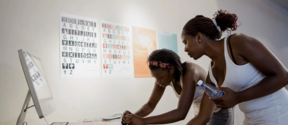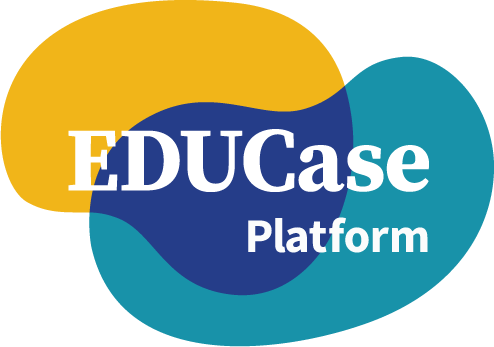Breaking the Darkness: Tackling energy crisis in Lesotho
Access to reliable electricity in rural Lesotho has the potential to revolutionize healthcare, education, safety, and economic opportunities. Despite the potential benefits, numerous challenges hinder progress. There is a significant knowledge gap in sustainable energy practices between urban and rural areas, compounded by superstitions and a lack of awareness about the benefits of electricity. Financial constraints and a shortage of skilled professionals further complicate the implementation of mini-grids and solar systems.
The initiative was supported by the Developing Problem-based Pedagogies for Lesotho’s Sustainable Energy Future (DEPLOY) project at the Department of Electrical Engineering and Automation, Aalto University. DEOPLY aimed to enhance teaching activities related to sustainable development challenges both in Finnish higher education institutions and partner institutions; contribute to national and institutional educational development priorities of the African partners; strengthen networks between higher education institutions and innovation ecosystems; and enhance practical collaboration and deepen research networks and global competence of Finnish higher education institutions.
Facilitated by the Sustainable Global Technologies (SGT) programme at Aalto University, a multi-disciplinary student team comprised of students from the National University of Lesotho (NUL), Aalto University, and Turku University with diverse backgrounds in energy, water, sustainability, future studies, and urban planning participated in the learning and implementation outputs.
The journey began with an intensive course at NUL, where the Finnish students interacted with local students and faculty, gaining valuable insights into the educational and infrastructural challenges faced by rural communities. Visits to historical and natural sites enriched their understanding of Lesotho's heritage and the resilience and ingenuity of the Basotho people and underscored the potential for sustainable energy solutions in the region.
To support sustainable energy initiatives, the team developed a practical guide aimed at helping students engage with rural communities. This guide outlines sustainable energy alternatives, emphasizes system maintenance, and encourages community involvement. By providing a structured approach, the guide aims to facilitate the successful implementation of energy projects in Lesotho.
The project demonstrated the crucial role of community involvement and local expertise in developing effective energy solutions. Collaborative efforts like DEPLOY, and new collaborations such as LETSEMA, supported by the Erasmus+ program, aim to enhance vocational education and training, improving employability in green and circular economies. These initiatives, alongside ongoing collaborations between Finnish and Lesotho institutions, represent a comprehensive approach to addressing energy challenges and fostering sustainable development.
More information about the Lesotho student team experience is available here.
Read more news

Transforming Interdisciplinary Education: Sustainable Global Technologies (SGT) Across Four Continents
The true impact of our actions often unfolds over time, as demonstrated by the students at the SGT FAIR’24 on May 22. Their work showcased how a single student challenge can drive significant change.
A Global Learning Space: Empowering Students for Responsible Global Engagement
As part of the EDUCase network, the University of Oulu has offered to be the testing ground of a virtual learning initiative that aims to revolutionize virtual learning.
LUT University and Aalto University export virtual education to Africa
Lappeenranta-Lahti University of Technology (LUT) and Aalto University have joined forces to export virtual education to the continent.
